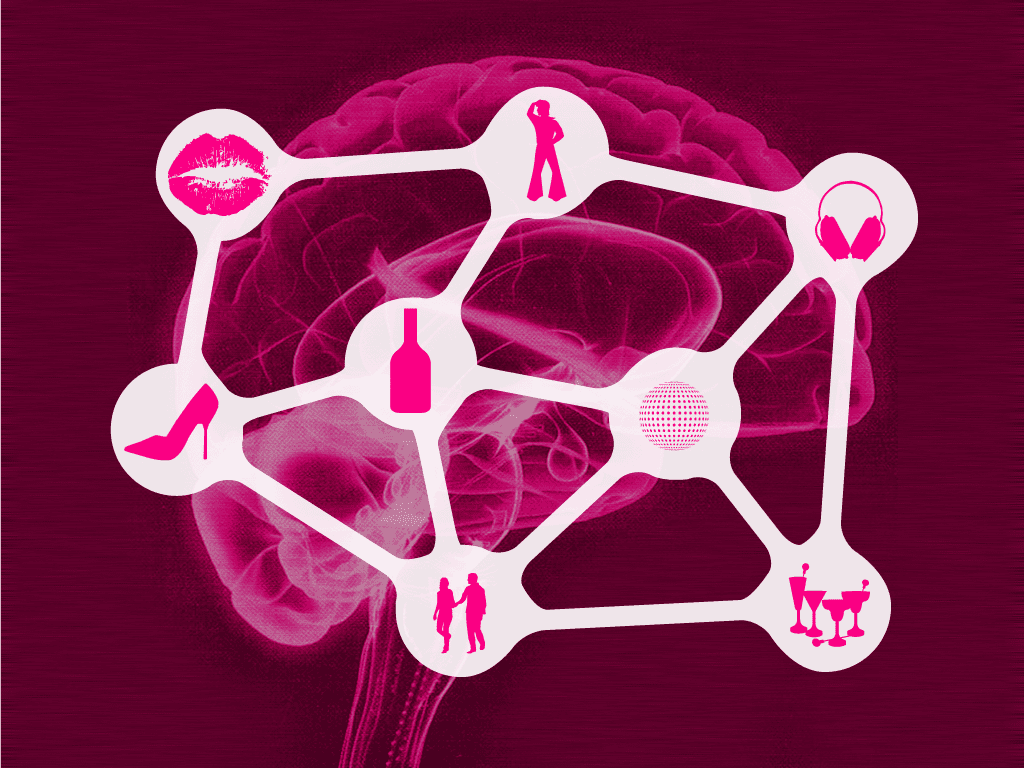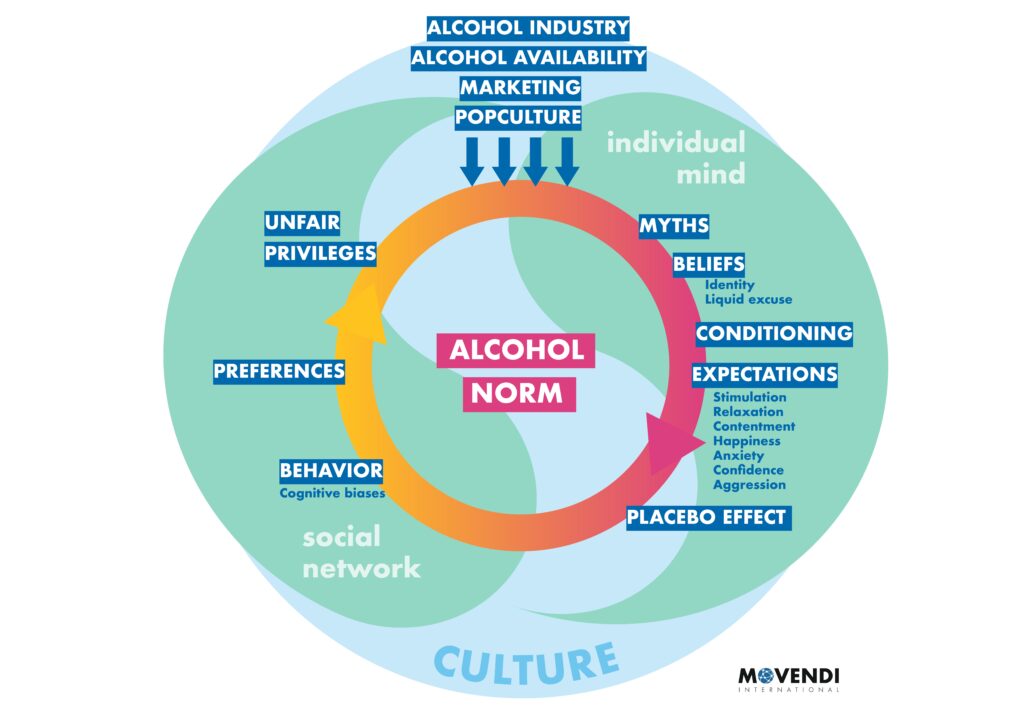Alcohol Issues Newsletter July 18 – July 22, 2022
This week’s Alcohol Issues highlights
- New Alcohol Action Plan in Newfoundland and Labrador, Canada puts WHO-recommended practices Into action.
- Sexualized alcohol marketing increases risk for sexual exploitation in Nigeria.
- Shocking alcohol deaths in South Africa illustrate harmful practices of the alcohol industry.
This week’s most popular stories
- Ghana: Movendi Members Advance Alcohol Policy Advocacy.
- Update on alcohol sales at the FIFA World Cup in Qatar.
- Thailand celebrates National Alcohol-Free Day.
Most Popular on the News Center
Special Feature – No. 23

Deconstructing the Alcohol Norm
People’s real preferences regarding products and environments liberated from alcohol
Social norms are shared standards of acceptable behavior by groups. The currently pervasive alcohol norm is such a standard for expected behavior and the role of alcohol in social settings and events. It is a largely informal understanding that governs the behavior of members of a society, community, and or group and drives alcohol availability.
Social normative influences about our beliefs, expectations, and preferences about alcohol, as well as our understanding of alcohol’s role in society, alcohol harm and its root causes are powerful drivers of human behavior with regards to alcohol-free environments and alcohol consumption, promotion, or the normalization of sobriety.
The alcohol norm is a very oppressive social norm. Deconstructing its effects and harms helps understand that people’s real preferences are much more diverse than only using or not using alcohol; and that many people prefer social settings liberated from alcohol.
Google users, Disney+ customers, British pub goers, Swiss supermarket customers, Norwegian parents, people going on dates in 2022, and the music industry are examples of the growing trend to question the role alcohol is supposed to play and where people clearly express preferences for products and places to be free from alcohol.
The current alcohol norm is oppressive. A groundbreaking analysis from Sweden shows that the pervasive social norm promoting alcohol use doesn’t reflect people’s real preferences and wishes, but only those of the alcohol industry and a small minority of influential people.
But of course, Big Alcohol is doing all they can to perpetuate the alcohol norm, to push alcohol on everyone, everywhere, all the time, and to create the illusion that everyone likes alcohol and wants to have alcohol play a central role all the time.
The Alcohol Issues Podcast
S2 E9: Achieving the SDGs Through Alcohol Policy: European Countries Ignore The Potential
In this episode, Kristina Sperkova talks with guest host Pierre Andersson about her brand new research article that investigated if and how European countries address alcohol as an obstacle to development in their efforts to achieve the Sustainable Development Goals (SDGs).
Kristina and Pierre discuss the evidence of how alcohol impedes sustainable development, and what countries are doing about it. They also talk in detail about the findings of her study that show flawed understanding of alcohol harm leads to lost potential in using alcohol policy as a catalyst for sustainable development – and what concretely means in European countries.
Kristina Sperkova is the International President at Movendi International. She is the lead author of the peer-reviewed research article “Alcohol policy measures are an ignored catalyst for the achievement of the sustainable development goals” that she co-authored with Peter Anderson, and Eva Jané Llopis.
Pierre Andersson is the Policy Advisor for Alcohol and Development at the IOGT-NTO Movement, from Sweden. The IOGT-NTO Movement is a Swedish development organization that works for poverty eradication by supporting partners to tackle alcohol as an obstacle to development. Pierre has extensive experience is journalism as well as development work.

